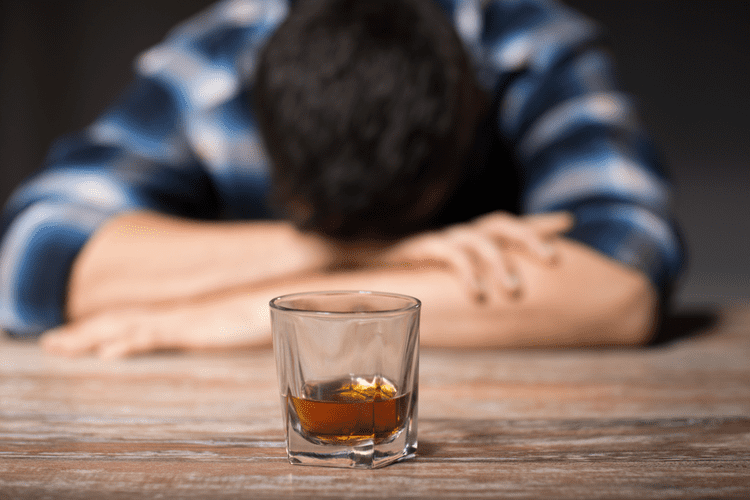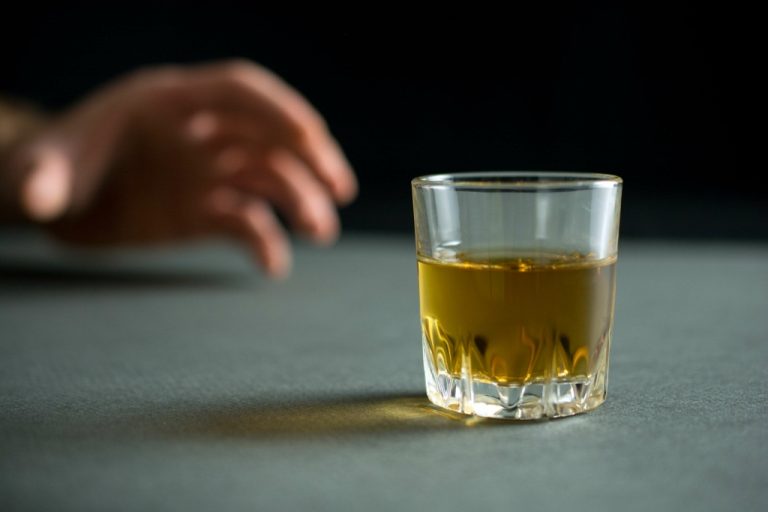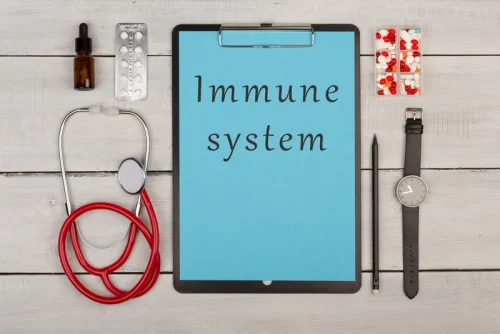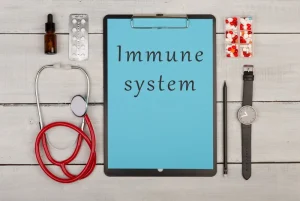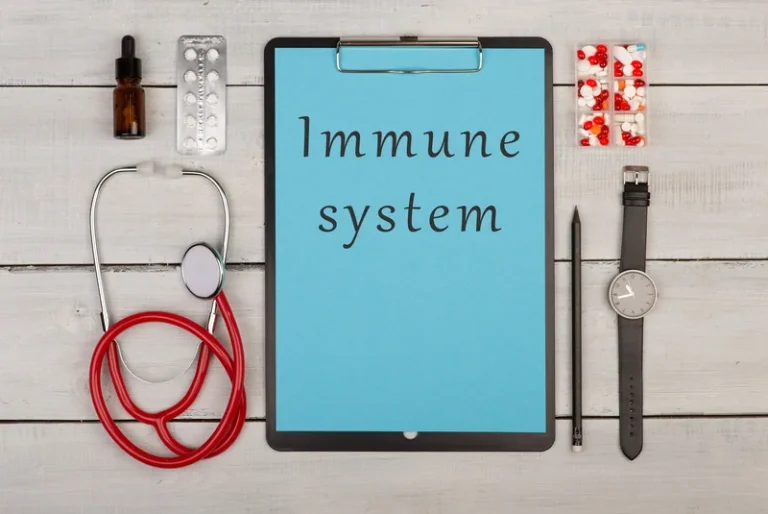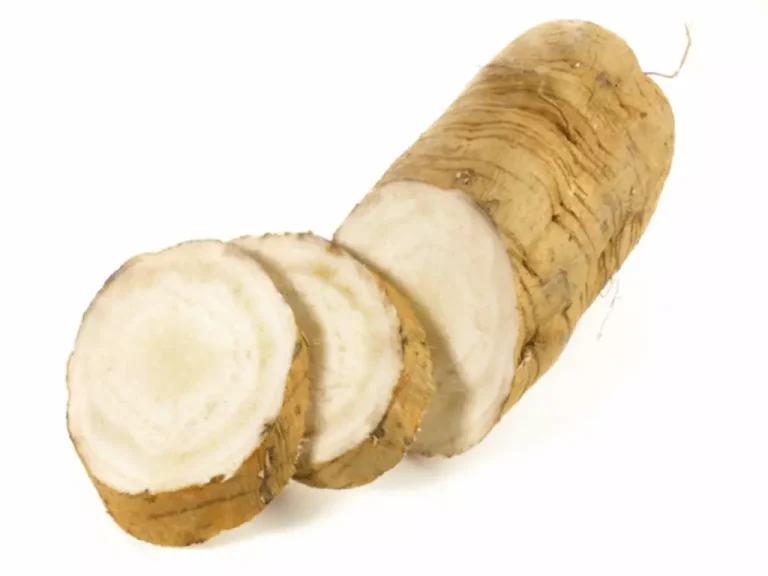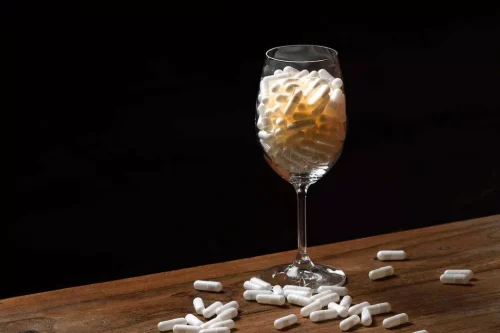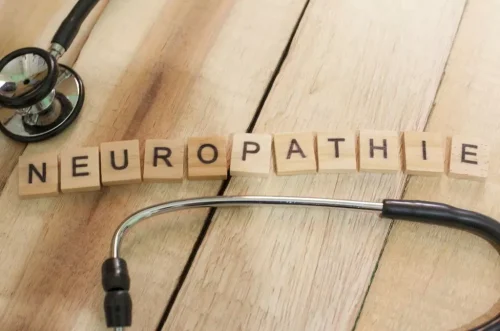Histamine intolerance can be managed by taking antihistamines, which help the body process the excess histamine. However, it is important to choose non-drowsy antihistamines, especially if planning to continue daily activities. Additionally, it is advisable to refrain from further alcohol consumption for the day to prevent exacerbating symptoms. In conclusion, if you find yourself sneezing when you drink alcohol, know that you are not alone. This reaction is a result of vasodilation and increased sensitivity of nerve endings in your nasal passages. While alcohol-induced sneezing is generally harmless, taking note of any severe or persistent symptoms is essential.
Are some types of alcohol more likely to cause flushing?
The study found that the effects of sulfites in wine can vary from mild to severe. The most common symptoms reported by those with sulfite sensitivity are nausea, headaches and skin rashes. In extreme cases, symptoms such as difficulty breathing and anaphylaxis have been reported. Grape is the main allergen found in wine, and it is present in both red and white wines. Botrytis cinerea is a mold that causes noble rot in wine, which can also cause reactions in some people.
Responses
- It is not known for certain why some people experience sinus congestion after drinking red wine, but it is believed to be due to a combination of factors.
- He worked as a bartender instructor for many years, teaching people how to make cocktails like a pro.
- The metabolism of alcohol generates free radicals—essentially, unstable oxygen molecules—that damage proteins and DNA.
- While there are no specific home remedies for alcohol-induced sneezing, individuals may find relief by using saline nasal sprays or performing nasal irrigation to soothe nasal passages.
- When byproducts of alcohol don’t get broken down quickly enough, they accumulate to levels high enough to cause a mild allergic reaction.
Alcohol flush reaction refers to facial flushing and other uncomfortable symptoms experienced by individuals who have difficulty metabolizing alcohol. If you suspect you have alcohol intolerance, it is best to consult a healthcare professional for an accurate diagnosis and advice. Beer, brown liquor, and cider contain the highest levels of sulfites among alcoholic beverages. Sulfites are also found in wine, where they occur naturally as a result of the fermentation process. In most cases, alcohol-induced sneezing is harmless and not indicative of an underlying medical condition.
Histamines are chemicals produced by the human immune system and are found in nearly all tissues of the body. While the body naturally produces histamine, we also consume it through food and drinks that are rich in histamines, including cheese, wine, meats, fish, and fermented foods. For many individuals, alcohol-induced sneezing is indeed temporary and subsides soon after consuming alcohol. However, if it persists or becomes a consistent reaction, seeking advice from a healthcare professional is recommended. Yes, individuals with pre-existing allergies or sensitivities to certain substances may be more prone to sneezing after drinking alcohol. This can happen because alcohol dilates https://thecinnamonhollow.com/a-guide-to-sober-house-rules-what-you-need-to-know/ blood vessels, making skin appear more flushed.
What You Can Do To Prevent Sneezing When You Drink
If you find that straight spirits make you sneeze, try diluting them with water or soda before you drink them. This will reduce the alcohol in the drink and make it less likely to trigger a sneeze. We use a pharmacist-formulated blend of Quercetin, Bromelain, Dihydromyricetin, Cysteine, L-Theanine, & B Vitamins to stop alcohol flushing before it can begin. This genetic condition means that you experience negative symptoms when drinking alcohol because your body is unable to process it properly.
Prevention
More importantly, you’ll discover actionable ways to stop alcohol from inflaming nasal passages so you can avoid the dreaded stuffy nose hangover. Whether you only have the occasional glass of wine at dinner or frequently enjoy late nights out, you’re sure to learn valuable tips to nip post-drinking nasal congestion in the bud. Drinking beer can indeed cause sneezing, a phenomenon sometimes referred to as beer sneezes. While it may be more common than you think, there is little scientific research on the exact number of people affected.
- Rarely, severe pain after drinking alcohol is a sign of a more serious disorder, such as Hodgkin’s lymphoma.
- This leads to allergy symptoms like a runny nose, stuffy sinuses, and sneezing.
- Alcohol increases your risk of breast cancer because it causes an increase in estrogen levels, and damages DNA, which can lead to the development of cancer cells.
- If you react to the tannins in red wine, then you might find it easier on your system to choose white and sparkling wines.
Sulfites in beer
Ultimately, each person’s reaction to alcohol can vary, so understanding your body’s unique response is key. For many people, more than 2 ounces of alcohol can lead to A Guide To Sober House Rules: What You Need To Know triggering allergies which is also termed as alcohol allergy. This can again make your nose get stuffy when you drink alcohol with some complaints, which may need medical treatment. You may get stuffy nose owing to the presence of some preservatives in alcohol.
In addition, beer is often brewed with hops, comprising a compound called lupulin. The most likely explanation is that alcohol dilates blood vessels in the nose, which can cause irritation and lead to sneezing. One is that alcohol dilates blood vessels in the nose, which can cause irritation and lead to sneezing. Another possibility is that alcohol irritates the mucous membranes in the nose, causing them to swell and lead to sneezing. Rarely, severe pain after drinking alcohol is a sign of a more serious disorder, such as Hodgkin’s lymphoma.
If you’ve ever wondered – why does my face get red when I drink – this could be why. Alcoholics Anonymous defines this as “a physical compulsion, coupled with a mental obsession to consume alcohol,”in which cravings for alcohol are always catered to, even at times when… This article on Epainassist.com has been reviewed by a medical professional, as well as checked for facts, to assure the readers the best possible accuracy. While talking about the breaking down of alcohol in body, there is an enzyme called as aldehyde dehydrogenase (ALDH). This enzyme is produced from a gene but when, this gene is absent in the body, there is a lack of enzymes which leads to breaking down of alcohol but in an incomplete way. By contrast, another 2023 study found similar rates of death between nondrinkers and light to moderate drinkers.
Could it be an alcohol allergy?
Alcohol is not the only category of food/drink that can affect allergies in this way. If this sound like you or someone you know, be sure to be mindful of foods like aged cheese, bread, and other fermented products like cider that can contain histamines as well. If you find yourself sneezing after sipping on a cold beer, you may wonder what causes this peculiar why do i sneeze when i drink alcohol reaction. Beer allergies are rare, but they can be caused by a reaction to grains, chemicals, or preservatives.
To reduce the risk of unpleasant reactions, it is important to be aware of any potential triggers and take steps to avoid them. Additionally, if you have a family history of alcohol intolerance or have experienced uncomfortable symptoms after consuming alcohol before, it may be wise to avoid drinking altogether. Combining alcohol with certain medications can also lead to similar reactions. Allergic reactions to alcohol can cause symptoms such as difficulty breathing, coughing, a runny nose, or stomach upset. They can help you determine if it is indeed the cause of your unpleasant reactions and recommend an appropriate treatment plan.
Beer contains many ingredients other than water, such as malt barley, brewer’s yeast, hops, and assorted flavorings. While true allergies are uncommon, it is more likely that you are allergic to one of these specific ingredients. If you experience persistent or severe symptoms after drinking beer, it is recommended to consult a doctor or medical professional. Red wines, for example, tend to have higher levels of histamines than white wine or beer. If you find that drinking these beverages triggers an allergic reaction, then it’s important to limit your intake and switch to lower-histamine alternatives.
Listen to your body
When ALDH is absent from your body, too much of histamine will circulate in blood which leads to problems like inflammation. Your nasal chambers can fall prey to inflammation and itching leading to and problems related with stuffy nose or sinus congestion. Although not a true allergy, in some cases, what seems to be alcohol intolerance might be your reaction to something in an alcoholic beverage — such as chemicals, grains or preservatives.
When byproducts of alcohol don’t get broken down quickly enough, they accumulate to levels high enough to cause a mild allergic reaction. Some people find that when they drink alcohol, they experience sneezing and nasal congestion. Ok, so now that we’ve answered the question – why does my nose get stuffy when I drink?

